Will plans to halve child obesity hurt low-income families?
Radical new measures unveiled by health secretary as British youngsters overtake US school kids on fat scale
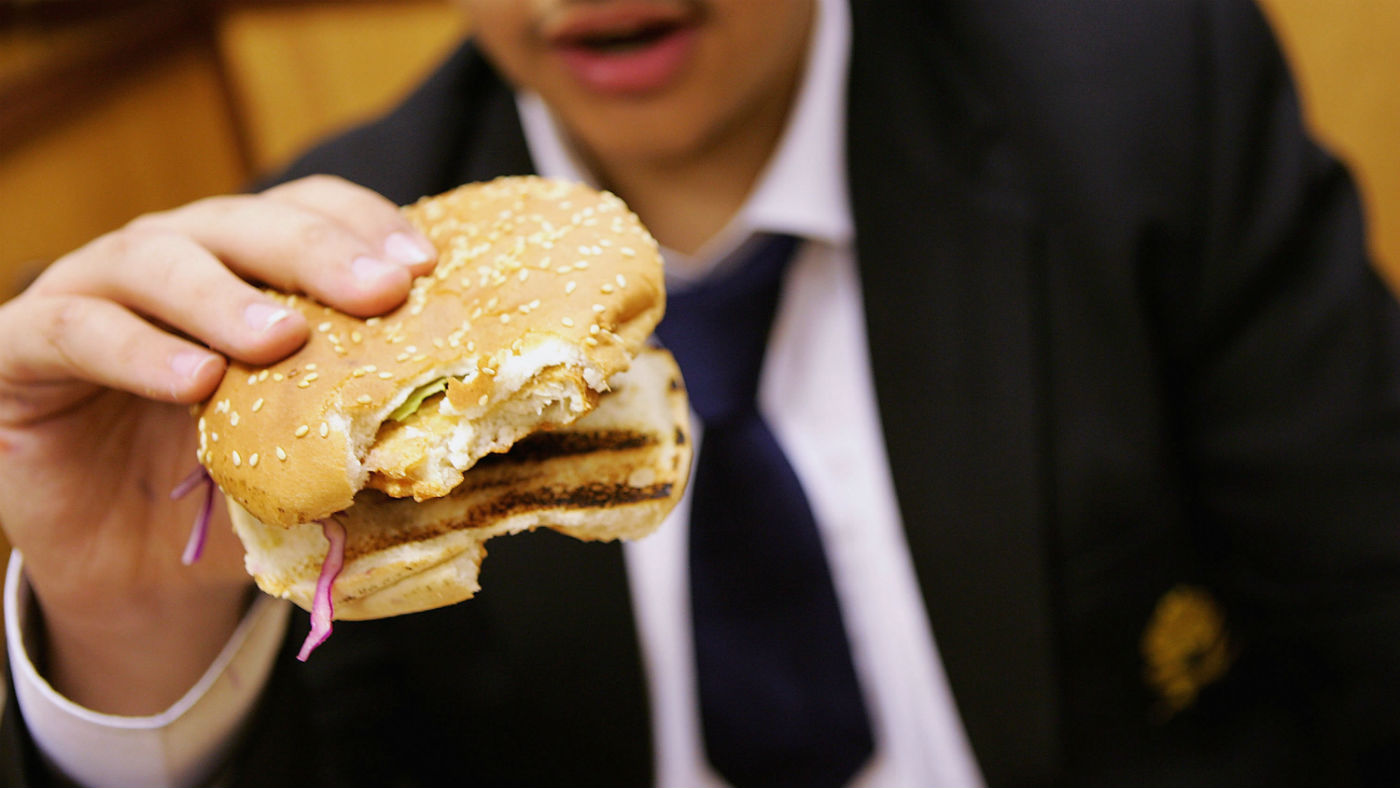
A free daily email with the biggest news stories of the day – and the best features from TheWeek.com
You are now subscribed
Your newsletter sign-up was successful
Advertising unhealthy foods on television will be banned before the 9pm watershed while restaurants and takeaways will be forced to display calorie counts under new measures aimed at halving levels of childhood obesity within 12 years.
It comes as the Health Secretary Jeremy Hunt told the Sun on Sunday that British school kids are now fatter than their American counterparts, and obesity is in danger of becoming the norm.
“We have childhood obesity rates that are the third worst in Europe” he said, adding that “at primary school, one in ten children arrive obese – one in five children leave obese”.
The Week
Escape your echo chamber. Get the facts behind the news, plus analysis from multiple perspectives.

Sign up for The Week's Free Newsletters
From our morning news briefing to a weekly Good News Newsletter, get the best of The Week delivered directly to your inbox.
From our morning news briefing to a weekly Good News Newsletter, get the best of The Week delivered directly to your inbox.
Other proposals to tackle the growing obesity epidemic include asking every primary school to introduce schemes to boost children’s activity, such as the Daily Mile. Children could also be banned from buying sugary energy drinks, which can contain as much caffeine as a cup of coffee, and unhealthy foods could be removed from checkouts and two-for-one deals.
The proposals form part of the government's updated Childhood Obesity Plan, “which was widely criticised for being too weak when it was launched two years ago” says the BBC.
On its current trajectory, three-quarters of men and two-thirds of women will be overweight by 2030.
It has led to warnings that obesity has become “the new smoking” in terms of the health risks being posed to the population, reports the Daily Telegraph.
A free daily email with the biggest news stories of the day – and the best features from TheWeek.com
Almost a tenth of the health service budget is now taken up treating diabetes, with the majority of cases fuelled by excess weight.
However, the new policy has not been welcomed by everyone.
Food writer and anti-poverty campaigner Jack Monroe accused the government of not learning from GPs, health advisors and food bank organisers who know the problems faced by low income families.
"This anti-obesity policy basically penalises people for being poor and chubby," she told Sky News.
Claire Shaw suggested the government should use the money generated by the sugar tax to subsidise fruit.
“[Fruit] is always expensive to buy and is much better for the children” she said. “Why is it cheaper to buy a multipack of Mars bars than it is to buy a punnet of grapes or strawberries?”
-
 Antonia Romeo and Whitehall’s women problem
Antonia Romeo and Whitehall’s women problemThe Explainer Before her appointment as cabinet secretary, commentators said hostile briefings and vetting concerns were evidence of ‘sexist, misogynistic culture’ in No. 10
-
 Local elections 2026: where are they and who is expected to win?
Local elections 2026: where are they and who is expected to win?The Explainer Labour is braced for heavy losses and U-turn on postponing some council elections hasn’t helped the party’s prospects
-
 6 of the world’s most accessible destinations
6 of the world’s most accessible destinationsThe Week Recommends Experience all of Berlin, Singapore and Sydney
-
 Trump HHS slashes advised child vaccinations
Trump HHS slashes advised child vaccinationsSpeed Read In a widely condemned move, the CDC will now recommend that children get vaccinated against 11 communicable diseases, not 17
-
 Deaths of children under 5 have gone up for the first time this century
Deaths of children under 5 have gone up for the first time this centuryUnder the radar Poor funding is the culprit
-
 The expanding world of child skincare
The expanding world of child skincareUnder the Radar Beauty line for kids as young as three sparks ‘rage’
-
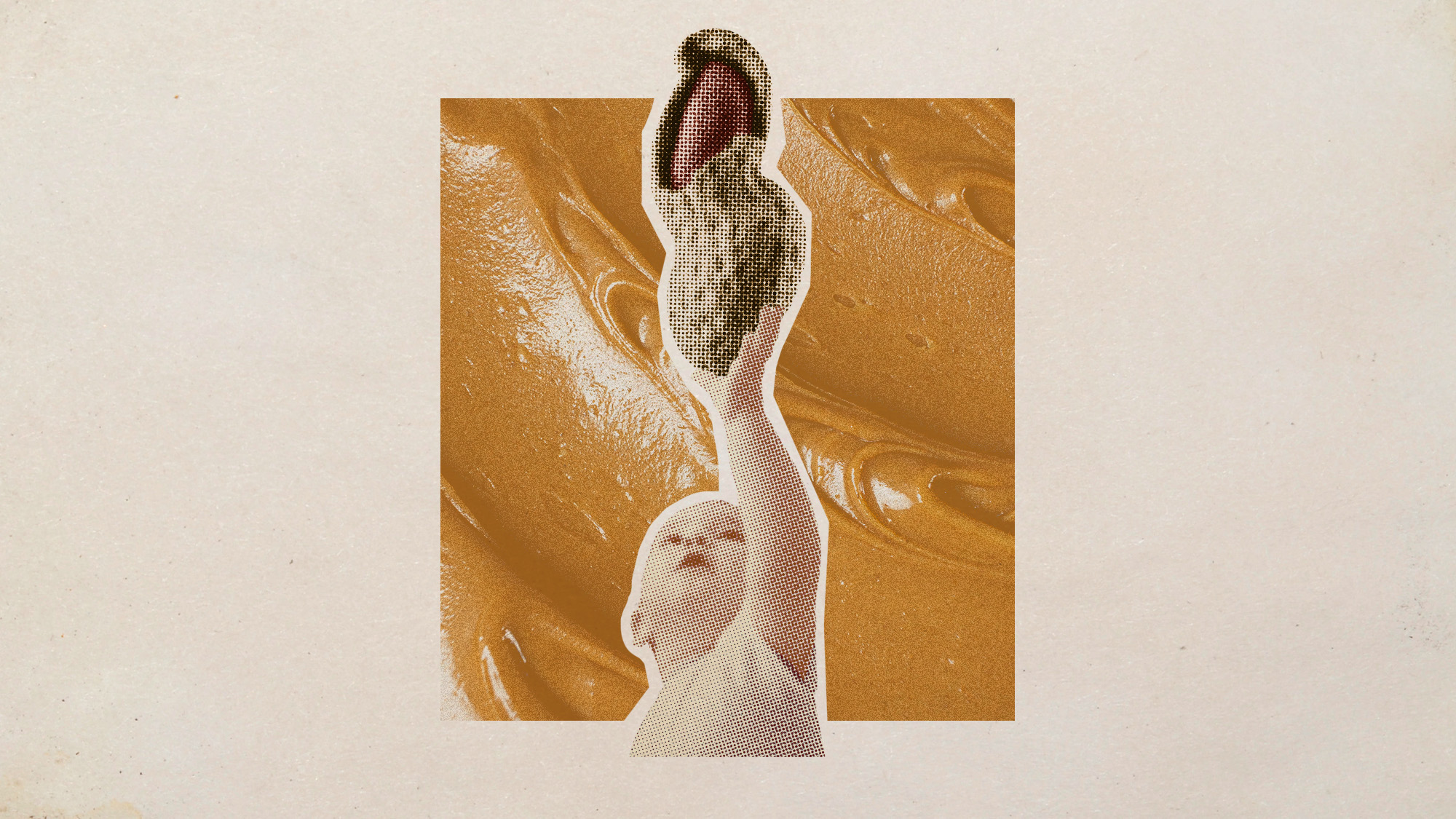 Peanut allergies have plummeted in children
Peanut allergies have plummeted in childrenUnder the radar Early introduction could be an effective prevention method
-
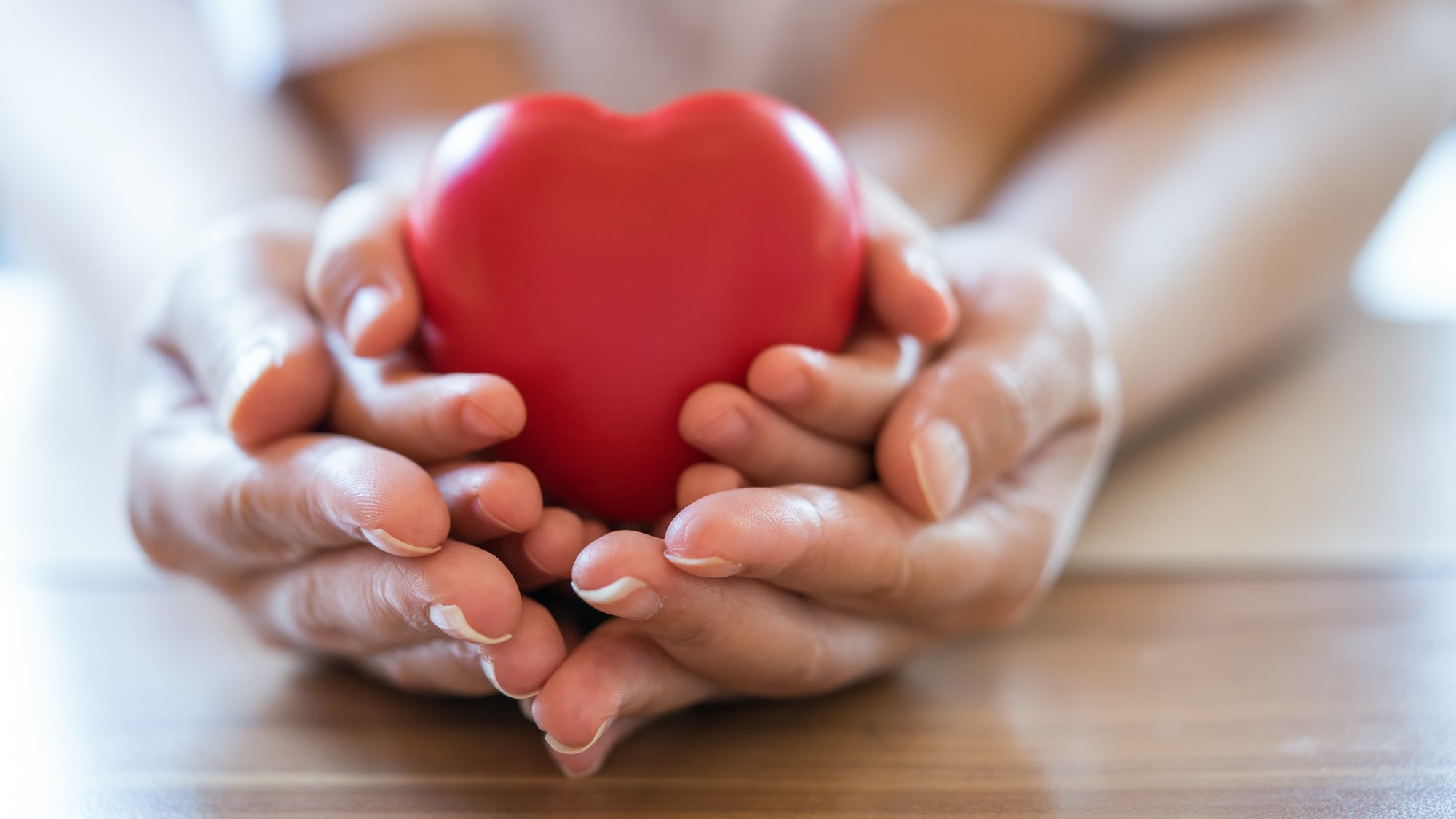 Children's health has declined in the US
Children's health has declined in the USThe Explainer It's likely a sign of larger systemic issues
-
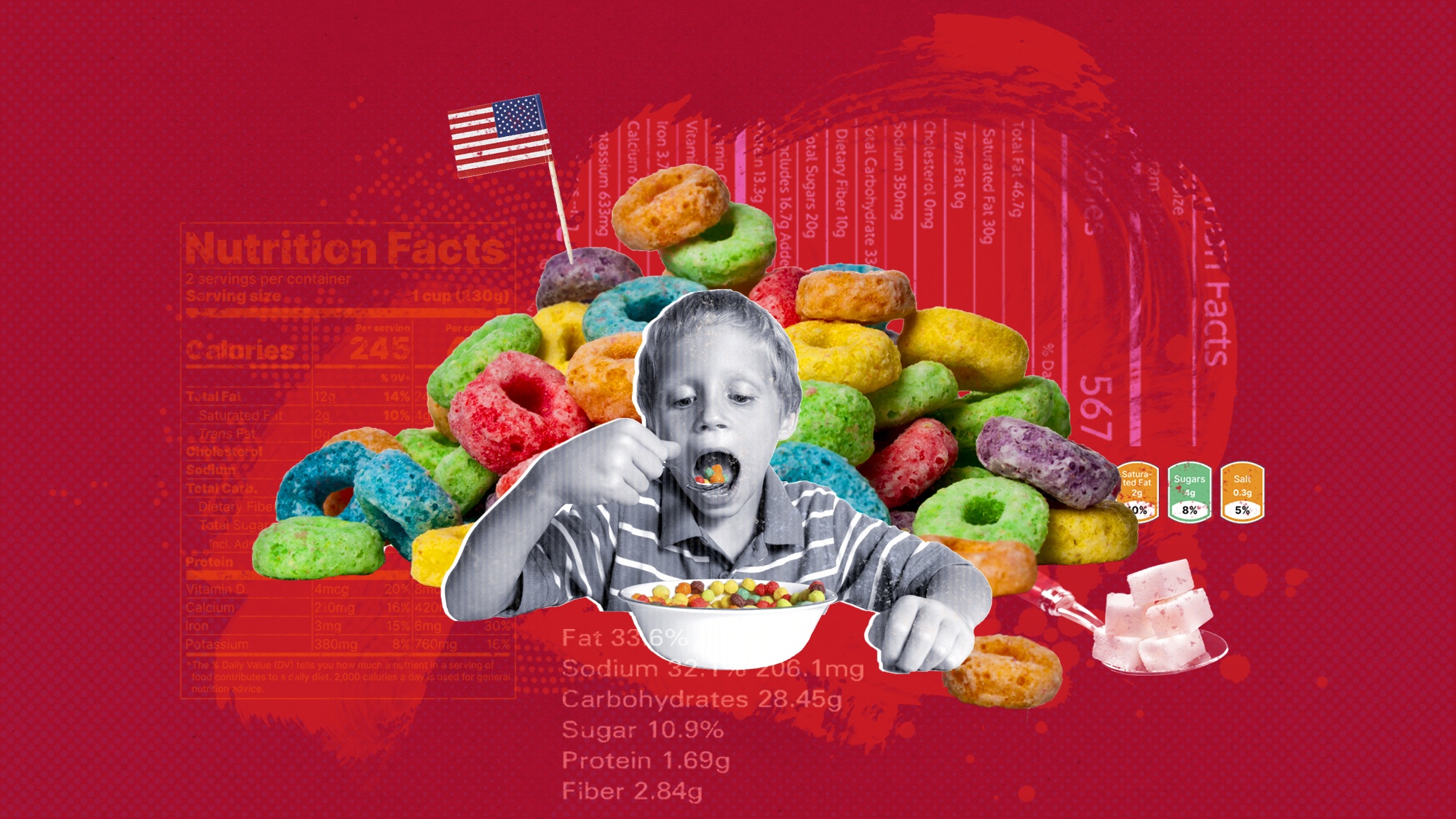 Children's breakfast cereals are getting more unhealthy
Children's breakfast cereals are getting more unhealthyUnder the radar Your kids may be starting their day with more than a spoonful of sugar
-
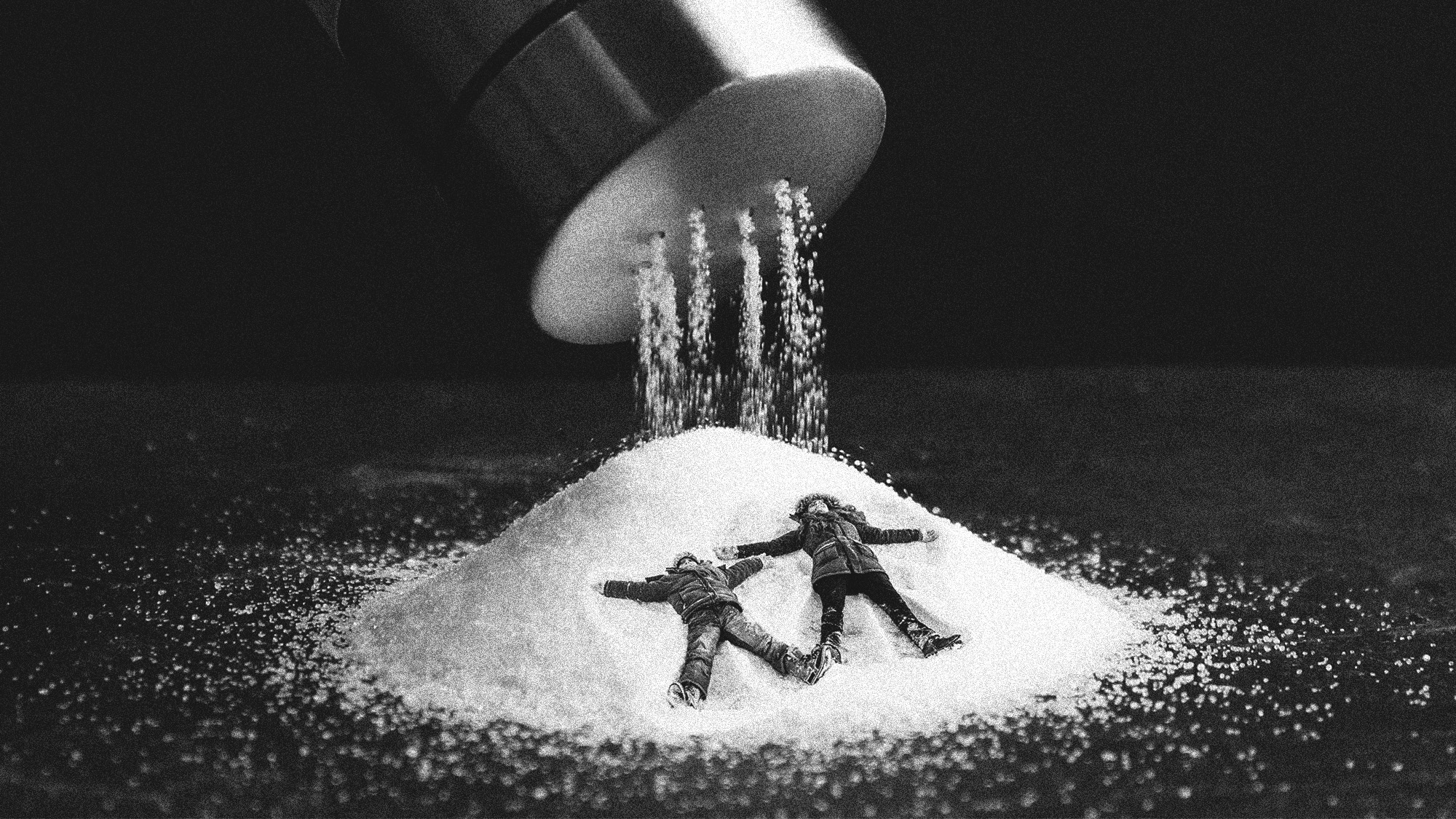 Kidney stones are affecting children far more than they once did
Kidney stones are affecting children far more than they once didUnder the radar Salt may be to blame
-
 Baby food is not as healthy as it should be
Baby food is not as healthy as it should beUnder the Radar Labels are leaving things out. And brands are highlighting only what they want to.